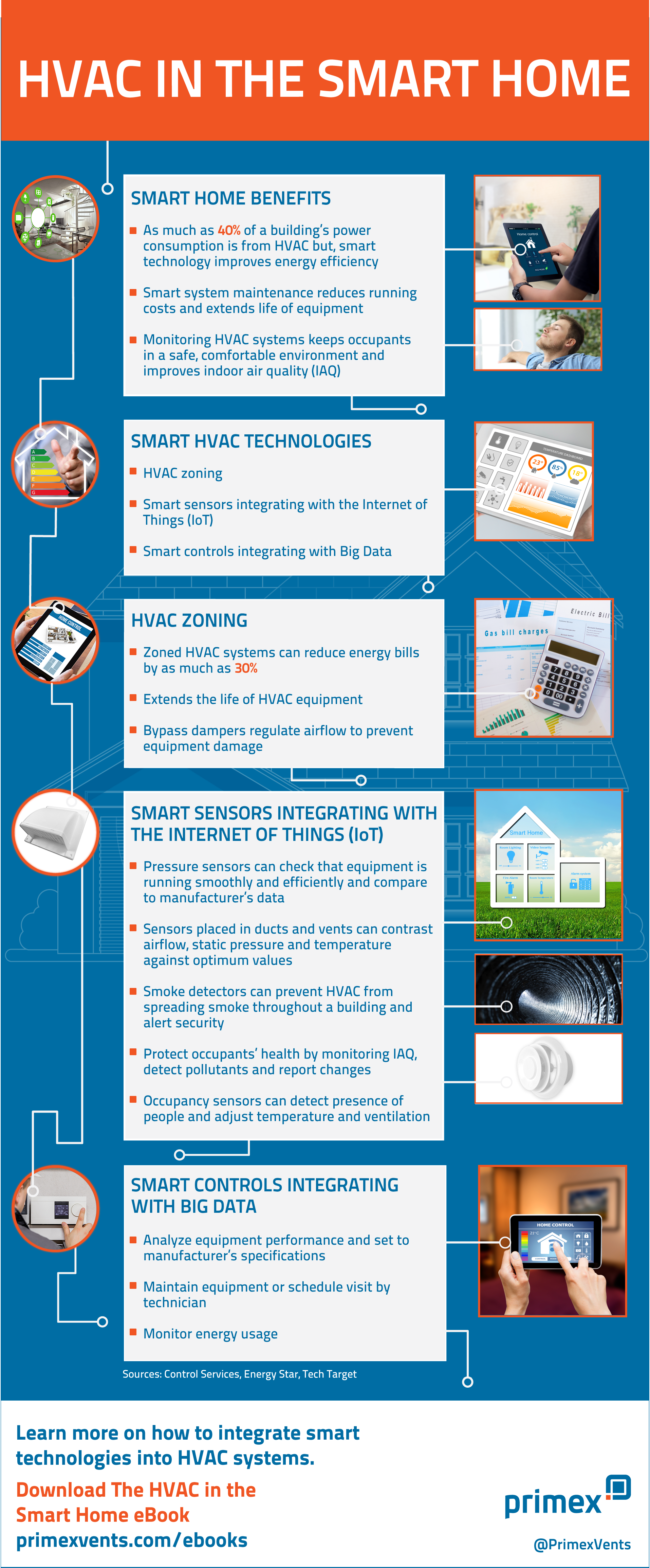Discovering The Environmental Benefits Of Warmth Pumps - A Sustainable Heating Option
Discovering The Environmental Benefits Of Warmth Pumps - A Sustainable Heating Option
Blog Article
Material Develop By-Moser Smed
In an era where sustainability and energy efficiency are critical, lots of services seek green heating services. One such remedy is the heatpump.
A heat pump extracts the warm in its surroundings and pumps it into your home, causing among one of the most effective eco-friendly central heating unit around. This procedure also generates no greenhouse gas discharges, making it a highly lasting innovation.
Power Efficiency
Heat pumps are really power effective and require little upkeep. They utilize much less electrical energy than other heating systems and are without a doubt the most eco-friendly. They function well with rooftop solar and can frequently pay for themselves in energy cost savings alone.
They can additionally give cooling, which is terrific for garage workshops, attic hangouts and benefit spaces, and home enhancements without prolonging the existing ductwork. They can also be made use of for retrofits in existing homes with hydronic (water-based) distribution systems such as low temperature radiators or glowing floorings.
Try to find models with SEER and HSPF scores that satisfy or surpass Canada's minimum criteria, in addition to the criteria in your region. Greater ratings suggest better effectiveness, which saves you cash over time and decreases your carbon impact. You might also get refunds and motivations! The most effective units are those with a ground warm exchanger for included effectiveness. These units can take in thermal power from the ground throughout the winter months and remove it in the summer.
Minimized Greenhouse Gas Emissions
Heatpump work on power and essentially transfer heat from the air, also when it's cool outside. They have the ability to extract the free warmth entraped in air fragments and relocate them inside your home, lowering moisture while doing so.
Contrasted to gas heating systems, contemporary heatpump utilize less than one kilowatt of electricity per kilowatt of home heating power they produce. This makes them the most energy effective home heating choice readily available with a POLICE OFFICER (Coefficient of Efficiency) of four or even more. By lowering the requirement for nonrenewable fuel sources, heat pumps help reduce greenhouse gas exhausts and cut various other major air pollutants.
read full article is an international crucial, and the heating and cooling industry is an essential motorist of that process. Whether it's real estate investors making web no dedications, policy makers setting exhausts limitations, or tenants demanding greener areas, electric heatpump are being acknowledged as an important option. They are an affordable means to reduce carbon emissions by eliminating the demand for fossil fuels in buildings.
Adaptability
Heat pumps can be made use of in numerous kinds of homes and buildings-- with or without ducts. They deal with hot-water radiators, air-conditioning and programmable thermostats. They can change furnaces or be mounted in brand-new residences. They can work on photovoltaic panels, geothermal systems and even district heating sources like wastewater.
They're excellent at supplying more warm per energy system. For example, an air-source heat pump creates as much as 3 or even more home heating devices from each electrical energy system it consumes.
Obtaining one of the most from your heatpump will depend upon your climate area and quality of insulation. Seek versions with power celebrity scores and contrast their SEER or HSPF specs. In warmer climates, concentrate on SEER; in colder areas, consider a system with a greater HSPF ranking. In addition, purchase air securing and insulation to reduce the tons on your heatpump. ducted heat pump will boost energy effectiveness and aid you reach your Internet Zero objectives quicker.
Biomass Boilers
Biomass boilers use wood pellets, chips or logs to develop warmth and hot water. They are a great selection for off-grid buildings or those that want to leave the gas grid.
As a standalone heater, biomass can supply sufficient power to maintain your home warm all the time without the regular warm drop off of various other sustainable modern technologies. They can also be used combined with photovoltaic panels to increase financial savings and gain from RHI payments.
A disadvantage of these systems is the in advance expense and regular gas deliveries. Commonly, pellets will certainly require to be blown right into a gas store utilizing a vacuum cleaner system or they can be manually fed right into the central heating boiler through a hopper. Logs are generally self-sourced from close-by woodland or gotten wholesale. In addition to this, they require hands-on loading and might need cleansing on a regular basis.